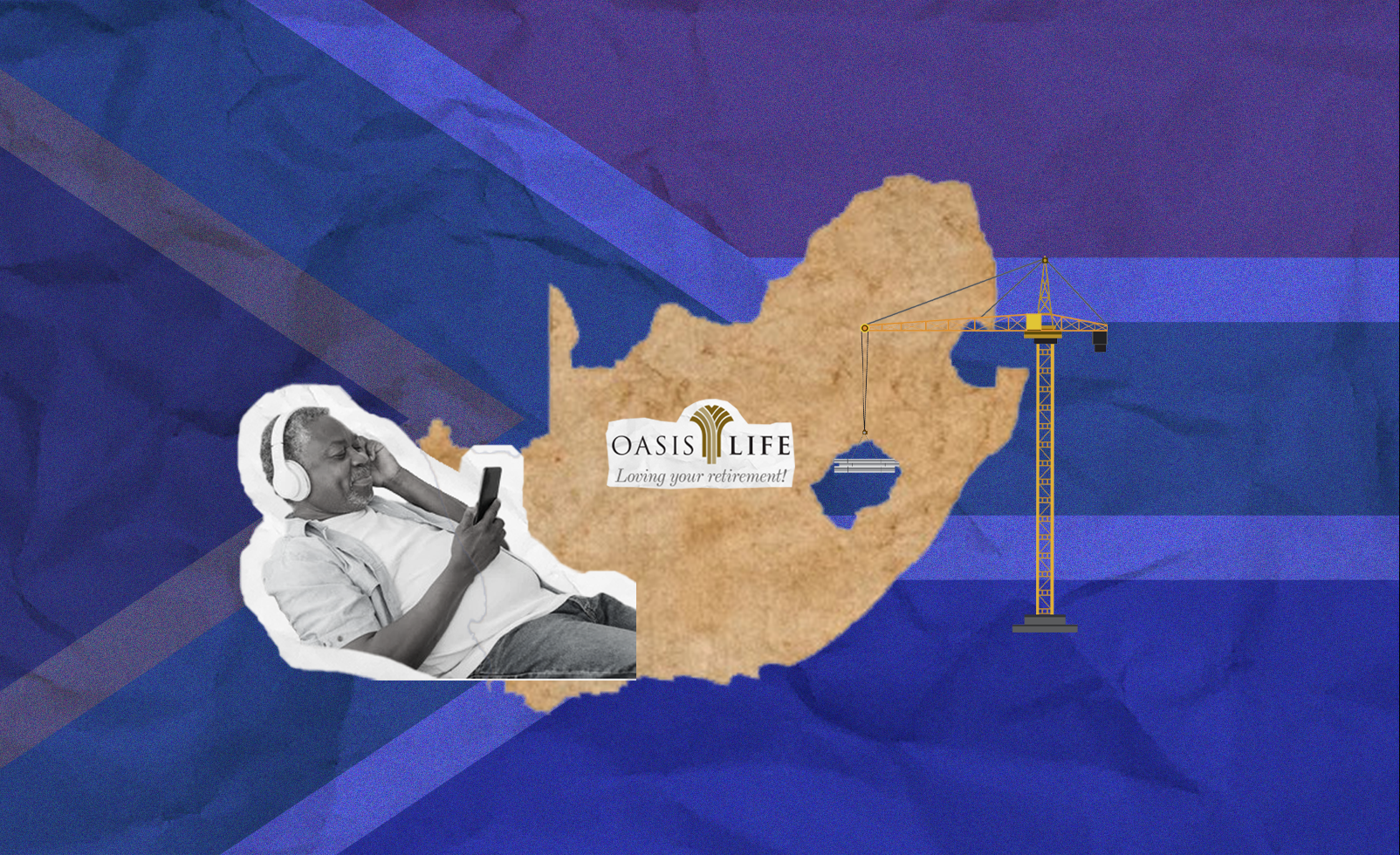#EAPI2017: These are Rwanda and Kenya's Plans to jumpstart East African REITs
Dolapo Omidire . 6 years ago
east africa
investment
kenya
listed property
property
real estate
reits
rwanda

Share this post
Subscribe to our newsletter
Following our publication on the East African Listed property sector in the run up to the East African Property Investment Summit, we sat in on an engaging discussion with key stakeholders in the East African REIT sector. The panel was moderated by Anthony Lewis of JLL Capital Markets (South Africa) and the discussion included Edward…
Following our publication on the East African Listed property sector in the run up to the East African Property Investment Summit, we sat in on an engaging discussion with key stakeholders in the East African REIT sector. The panel was moderated by Anthony Lewis of JLL Capital Markets (South Africa) and the discussion included Edward Burbridge of Burbridge Capital (Kenya), Pierre Rwabukumba of the Rwanda Stock Exchange (RSE, Rwanda), Godfrey Odundo of the Nairobi Stock Exchange (Kenya), Daniel Kamau of Fusion Capital (Kenya) and Ruth Okal of Stanlib (Kenya). Here’s a summary of the key takeaways.
Almost all panelists agreed that engagement and education with the relevant real estate stakeholders was crucial for further growth in the sector. To this end, the Kenyan authorities created the NRA (National REIT Association) and are using it as a vehicle to drive traction, encourage listings, educate institutional and retail investors and push for continuous engagement with regulators.
More retail participation
Speaking around the failed listing of the Fusion D-REIT in 2016, which was unable to raise all the capital required, reducing subscription thresholds to enable participation from retail investors was strongly advocated.
Rwanda brings innovation to African REITs
Rwabukumba, who represented Rwanda and its bourse, explained that their stock exchange is young at 5 years old (Kenya 63, Tanzania 21 and Uganda 20 years old) and as a result are trying their best to leapfrog through consistent innovation. The RSE is currently in advanced stages of creating a Social REIT (S-REIT), which enables more efficient use of land in informal settlements and slums, by developing large modern social housing structures that can accommodate a larger number of people using less space. Excess land is sold to fund the development and slum dwellers are given shares in the REIT based on the size of home or land they owned.
The S-REIT concept, which was first developed and rolled out in Sri Lanka, was judged as one of the five best practices in affordable housing in the world by UNHABITAT in 2009. Its creator, Darin Gunesekera, has been working with the RSE and IFC/World Bank for a similar roll out in Rwanda.
Currently, up to 70% of Kigali is made up of informal settlements or slums and the S-REIT structure has the potential to change this by enabling slum dwellers occupy more modern or better quality housing. As a knock on effect, the government would also benefit as utility companies would be able to collect fees, and the municipality would collect tax payments, a feat that would otherwise be very difficult within informal settlements. The slum dwellers come landlords who jointly own common areas and retail spaces integrated into the development, are also incentivized to keep the neighbourhood and building clean to ensure that rents from supermarkets or banks looking to serve this market segment are as high as possible.
Though untested in the African context, this structure attempts to adopt a model conceptualised and created in a developed market to make it more relevant in a developing/rural market.
Speaking on their intention to create S-REITs in 2016, Rwabukumba said:
“The RSE is excited to be part of this constant evolution in the African capital markets and to empower investors. We are proud to be a contributor to the growth of the property sector and importantly, the economy. We look forward to making Rwanda’s first social REIT a success…”
The country is also creating 6 new secondary cities through infrastructural development to ensure growth does not only occur in Kigali.
Outlook: Over the next 10 years…
Kamau expects that Fusion Capital will have successfully listed their D-REIT (Development REIT), with a mix of existing and pipeline properties.
Okal of Stanlib is keen on increasing assets and growing the total market capitalization of the Fahari I-REIT, which was launched in November 2015.
Odundo of the Nairobi Stock Exchange, takes a bullish stance with strong optimism on the National REIT Association’s ability to create a vibrant market. By 2027, Odundo is hoping for 10 additional REIT issuances.
Related News
You will find these interesting

Bisi Adedun . 5 months ago
Africa Investment Forum
AIF

Bisi Adedun . 5 months ago
housing
personal finance

Bisi Adedun . 5 months ago
Century city
New City